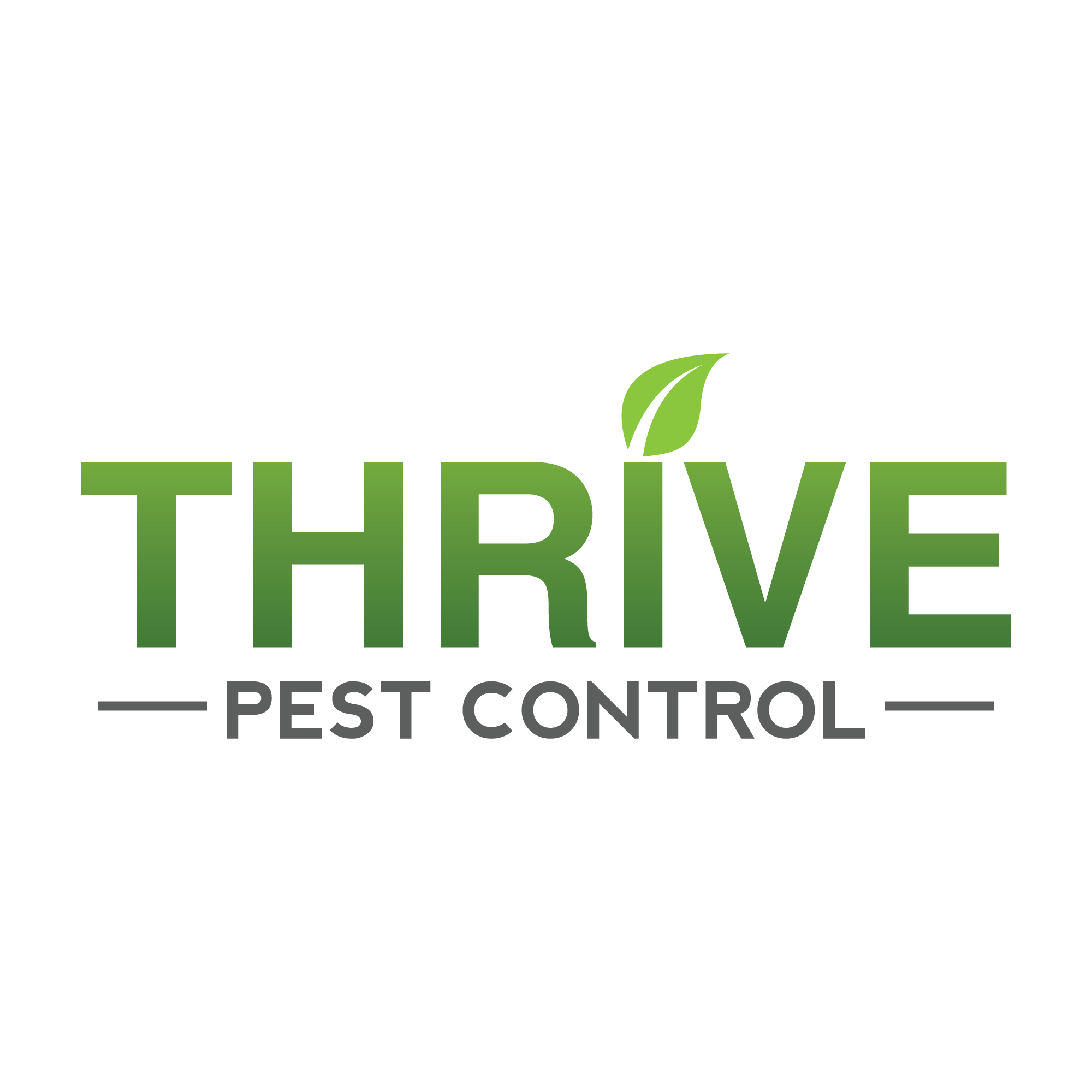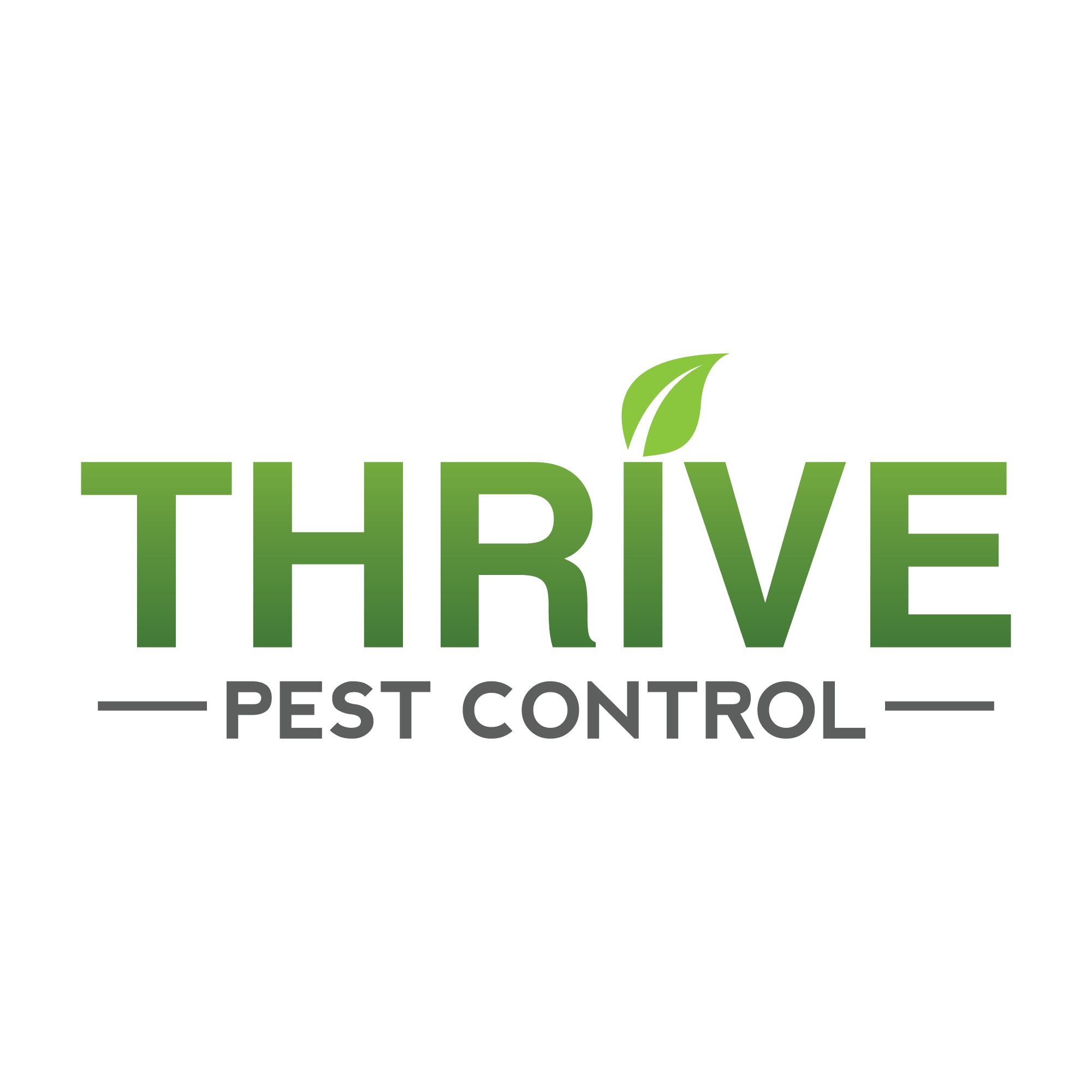Why bees are important for the ecosystem — Preithy’s student essay
Why Bees Are Important For The Ecosystem?
Bees play an indispensable role in ecosystem pollination. As pollinators, bees play a part in every aspect of the ecosystem. They support the growth of trees, flowers, and other plants, which serve as food and shelter for creatures large and small. Bees contribute to complex, interconnected ecosystems, thereby allowing a diverse number of different species to coexist.
In addition, our food supply is highly dependent on bees. Without them, our gardens would be bare and our plates empty. Many domestic and imported fruits and vegetables, such as avocados, soybeans, asparagus, broccoli, celery, squash, and sunflowers for oil, cucumbers, citrus fruit, peaches, kiwis, cherries, cranberries, and melons, require pollination.
For crops such as blueberries and almonds, the honey bee plays an essential role in the pollination of commercial crops, with around 80% of the US crop said to be dependent on honey bees.
Honey bees can also pollinate clover and alfalfa, which are fed to cattle, so there are implications for the meat and dairy industry too. Most importantly, these ingredients are used as raw materials and inputs in order to produce a wide range of manufactured food products. Overall, it is estimated that one-third of the food that we consume each day relies on pollination mainly by bees.

Continuing in the same vein, bees are known for their elaborate hives, but they also help build homes for millions of other insects and animals. Their role as pollinators is vital in the growth of tropical forests, savannah woodlands, and temperate deciduous forests. Many tree species, like willows and poplars, will not be able to grow without pollinators like bees. If bees disappeared, the animals that depend on these plants and trees for survival would vanish as well, thereby severely affecting the cycle of an ecosystem.

Furthermore, bees play a crucial role in furthering sustaining farming, agriculture, and income. Over the past 50 years, the number of crops that depend on pollinators has tripled. Effective pollination increases the amount of agricultural produce, thereby improving their quality and enhancing plants’ resistance to pests.
Cultivated plants that depend on pollination are an important source of income to farmers, especially smaller-scale farmers, and family-owned farms in developing countries. They provide jobs and income to millions of people. According to the estimates of an international study conducted in 2016 by the Intergovernmental Science-Policy Platform on Biodiversity and Ecosystem Services, the annual global production of food that depends directly on pollination was worth between $235 and $577 billion.
Unfortunately, bee populations across the globe are severely declining. Human actions impact many of the factors responsible for bee decline. A decline of pollinators can seriously impact our food supply. Fruit production would be strongly affected as most fruits require insects for pollination.
However, a lack of pollinators would not lead to complete penury of food. Populations of bees have steeply declined in many places, largely because of human activities that resulted in habitat loss and global warming. Some species, such as the rusty patched bumblebee, are even listed as endangered species. According to Gallai et al., 2009, more than 40% of honey bees have been disappeared during the last 25 years in India.
In conclusion, bees play a vital role in ecosystems by carrying out pollination, increasing our food supply, furthering sustainable farming and agriculture, increasing the income of farmers, sheltering various species in ecosystems, and balancing the cycle of various ecosystems. Predominantly, if bees were not alive, then our ecosystems would also not be alive.
Author: Preithy Guvvala
Indiana University Bloomington

Student Scholarships
Every year Thrive Pest Control hosts an essay contest and the reward is a 1-year scholarship at a 4-year university in the United States. This blog post is one of those scholarships.

Which spiders in the U.S. are venomous? — Gabriela’s Student Essay
Which Spiders in The U.S Are Venomous? There are three popular and known poisonous spiders in the United States – the black widow, the hobo,

Signs of raccoons terrorizing your home — Denver’s student essay
Signs of Raccoons Terrorizing Your Home “What’s that scratching noise I’m hearing in my attic?” “Why are my garbage bins knocked down every morning?” “Where

Will Pest Control Get Rid of Spiders — Joe’s student essay
Will Pest Control Get Rid of Spiders? When asked if pest control gets rid of spiders most people’s immediate answer would be, “I don’t know,

Where does pest control spray in apartments — Sarahi’s student essay
Where Does Pest Control Spray In Apartments? When the situation involves bugs, rodents, and even insects, there can be a variety of places where pest

Where does pest control spray in apartments — Aidan’s student essay
Where Does Pest Control Spray In Apartments? The home exists as a place of comfort and safety. The best option for financially independent young adults

Where does pest control spray in apartments — Elsie’s student essay
Where Does Pest Control Spray In Apartments? Where does pest control spray in apartments? Does pest control spray the whole apartment complex or only the

